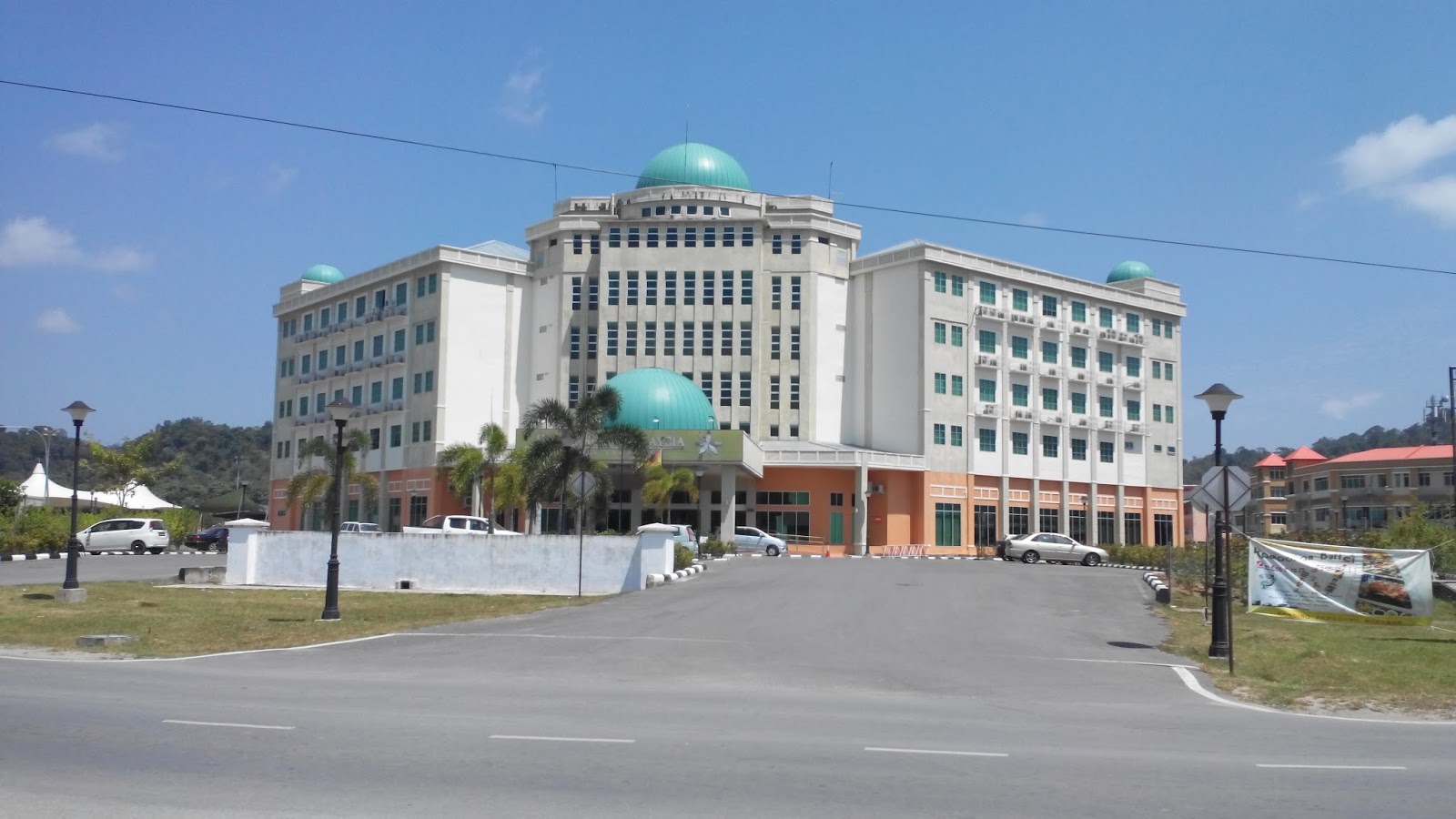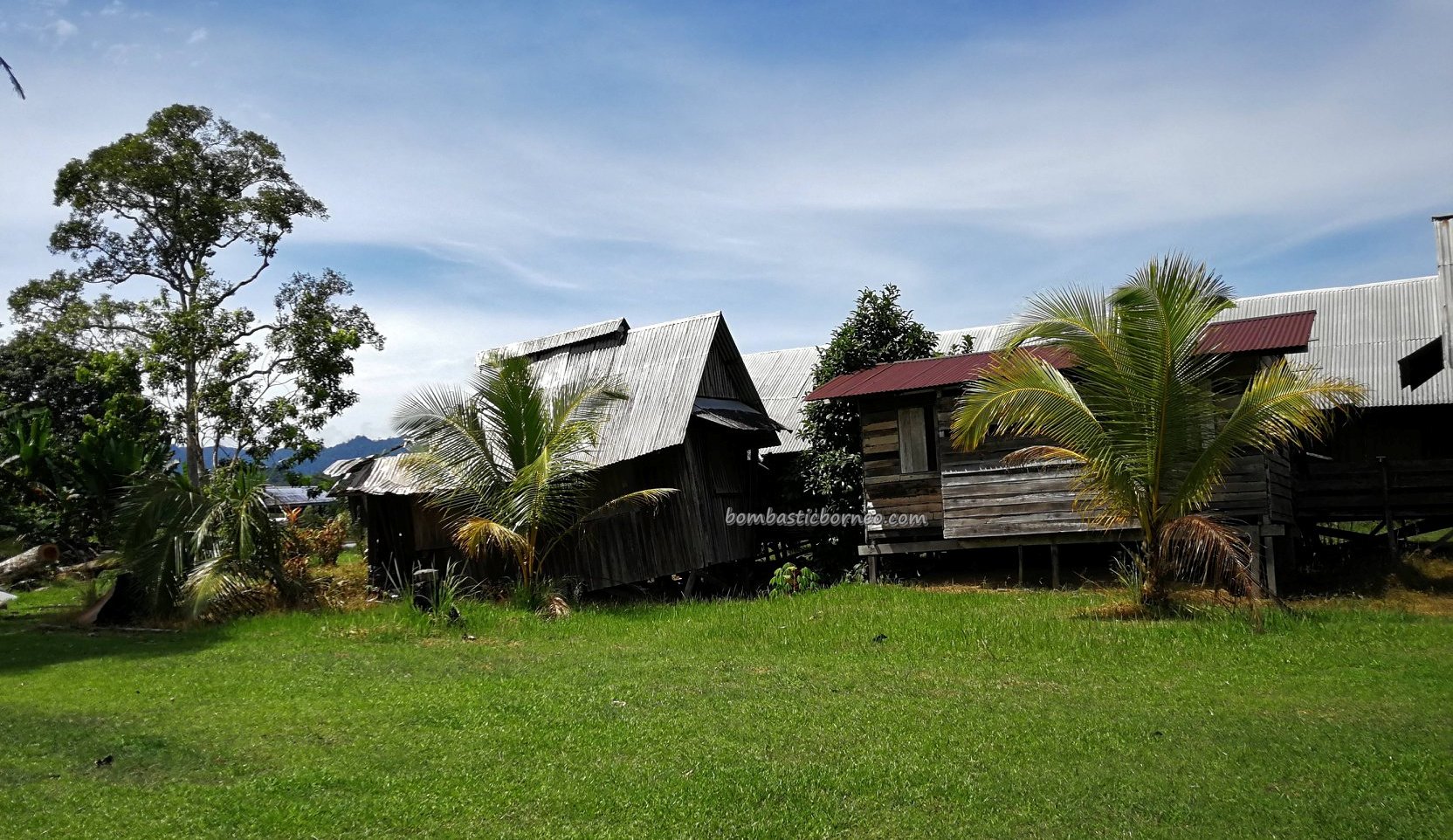

BNBC initially was unhappy with the Brooke involvement in the administration of Lawas river. When the British Consul at Labuan decided that BNBC should take over the Lawas river by force, Pengiran Abu Bakar quickly invited Rajah Charles Brooke from Kingdom of Sarawak to govern the Lawas river. They refused to surrender their private ownerships to BNBC but keen to sell their rights to Kingdom of Sarawak. At that time, Pengiran Abu Bakar and Pengiran Tajudin had the private ownership of the Lawas river. Private ownership of the river functioned like a private inheritance which includes the right collect taxes from the residents living near the river.

Government control on the river includes the rights to all the minerals mined from the river and the right to interfere if there is any political disturbances around the river.

There were two types of rights exist in the Brunei administrative system: sungai kerajaan (government river) and sungai tulin (private river). On 7 September 1901, British North Borneo Company (BNBC) had obtained the administrative rights of the Lawas river from Brunei Sultanate in order to stem the smuggling of weapons that worked against the BNBC government in North Borneo (present day Sabah) and the trading of slaves in the interior of the Lawas district. In the local dialect, "Lawas" means "relief, safe, and secure". Feelling relieved and secure, the merchants returned to the sea. The merchants managed to hid themselves in the middle of the jungle and the pirates could not find them. In another version of the story, there was once a group of merchants who were attacked and chased by the pirates at the mouth of the Lawas river. During earlier times, people tended to settle down in spacious areas and thus the town was born. It reportedly came from the Malay word luas which means "spacious". There are several versions of the origin of the name "Lawas".


 0 kommentar(er)
0 kommentar(er)
